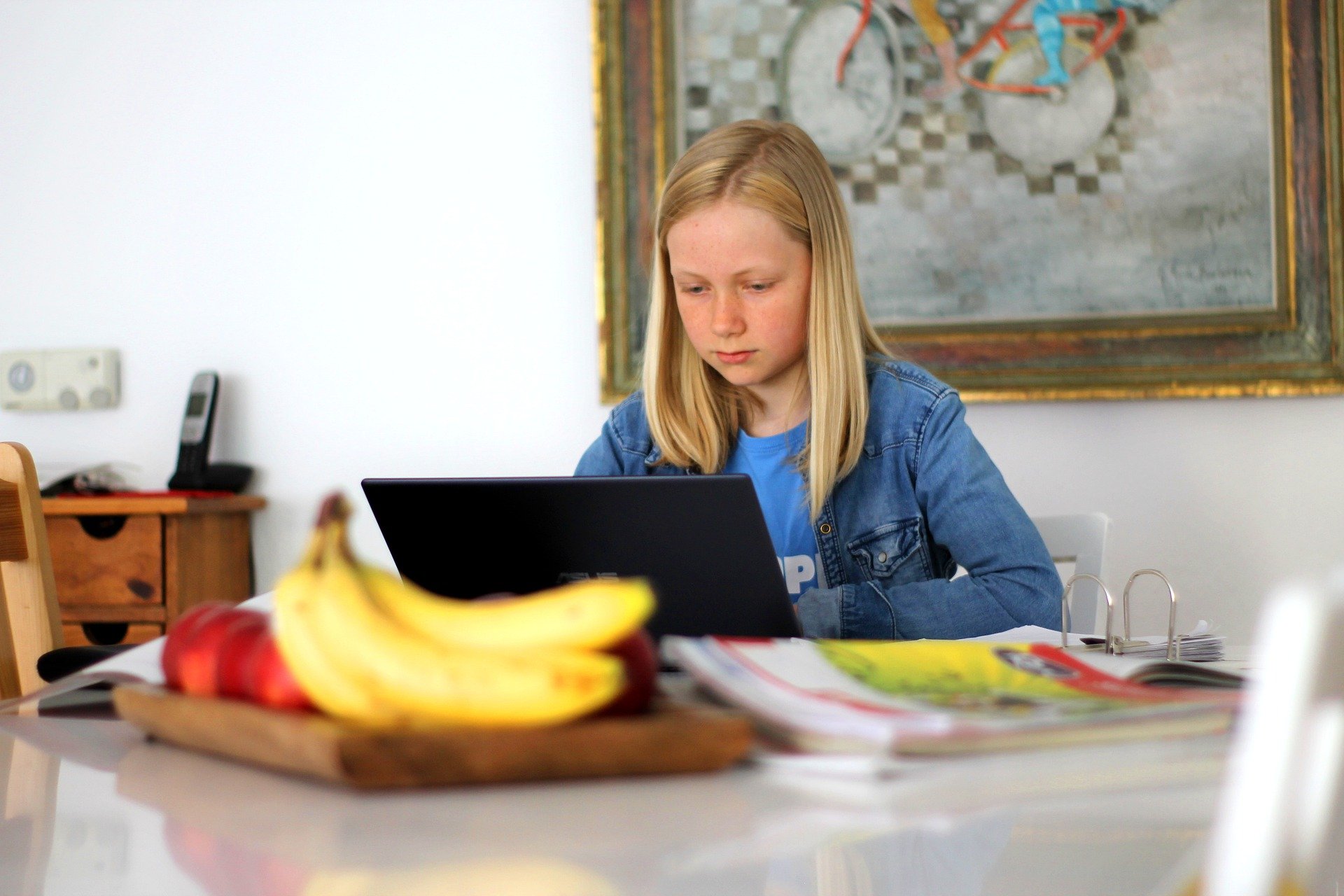Like many other students, my teenaged son is heading back to school this week. He’s already charging up his school Chromebook, logging into various school-related portals and Google Classroom, and anxiously awaiting the arrival of his new tech-enabled backpack, which has specific pockets for headphones, a portable battery and various USB cables. What perhaps differentiates this year, from so many others, is the even bigger emphasis on technology–accelerated by the pandemic, no doubt. But it’s the first school year where the only school supplies I’ll be buying will be a notebook and maybe a couple of pens…just in case.
- How Video is Transforming Higher Education from the Inside Out [Read Write] “When a teacher tells a student something in an oral lecture, the student has to comprehend, visualize, and then commit that concept to memory. On the other hand, when a teacher shows a student something through video, they no longer have to conjure up an image in their brain. Instead, that image is directly transmitted to the brain and committed to long-term memory storage. Perhaps that’s why researchers believe one minute of video is equivalent to 1.8 million written words.”
- Back-To-School Shopping Gets A Technology Lift This Year In What, Where And How People Buy [Forbes] “And even more surprising is the kind of technology devices parents will be splurging on this year: gadgets, such as cell phones, tablets and e-readers and wearables, as well as digital subscriptions for learning programs. E-learning resources will get a bump as many parents feel their children’s learning fell behind last year.”
- Access to technology is changing the U.S. education system for good [USA Today] “At North Canton City Schools in Ohio, Director of Technology Kim Nidy says the tools available on a laptop or tablet expand the learning experience. In the past, a student might have been constrained to present a written report. “Now they can write it up as a Google document or they can create a slideshow. They can create a PowerPoint or record themselves,” she says. “It allows for a lot more creativity.” “
- Pandemic prompts changes in how future teachers are trained [AP News] “Changes to standards and curricula happen slowly, but the pandemic is already leaving its fingerprints on the education of future teachers. Many U.S. educator preparation programs are incorporating more about digital tools, online instruction and mental and emotional wellness in their courses to reflect takeaways from the pandemic.”
From the Ohio Web Library:
- When remote access doesn’t make the grade: Move to virtual classrooms exacerbates existing tech struggles in impoverished districts (McCafferty, R. A. (2021). When remote access doesn’t make the grade: Move to virtual classrooms exacerbates existing tech struggles in impoverished districts. Crain’s Cleveland Business, 42(4), 10.)
- The Big Pandemic Tech Challenge: Reliable, High Quality Internet Experiences for All (Lieberman, M. (2021, March 10). The Big Pandemic Tech Challenge: Reliable, High Quality Internet Experiences for All. Education Week (Bethesda, MD).)
- Ofsted research finds pupil motivation around remote education is a significant concern for parents and school leaders (Ofsted research finds pupil motivation around remote education is a significant concern for parents and school leaders. (2021). Education Journal, 440, 30–43.)


